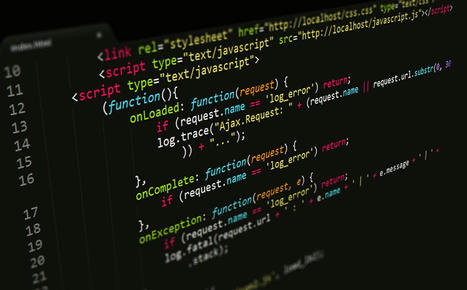Python is not the only option for programming machine learning applications. There’s a growing community of developers who are using JavaScript to run machine learning models.
While JavaScript is not a replacement for the rich Python machine learning landscape (yet), there are several good reasons to have JavaScript machine learning skills. Here are four.
Private machine learning
Fast and customized ML models
Easy integration of machine learning in web and mobile applications
Server side JavaScript machine learning is maturing
JavaScript for programming machine learning offers several advantages over Python and R, namely privacy, speed, and staying on the device.
read more at https://venturebeat.com/2021/04/23/4-reasons-to-learn-machine-learning-with-javascript/



 Your new post is loading...
Your new post is loading...








